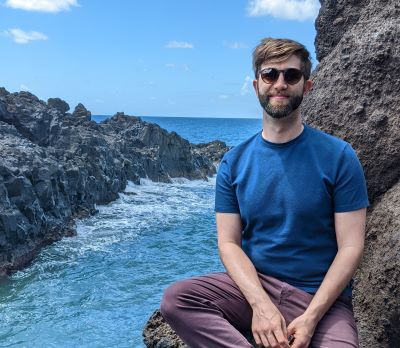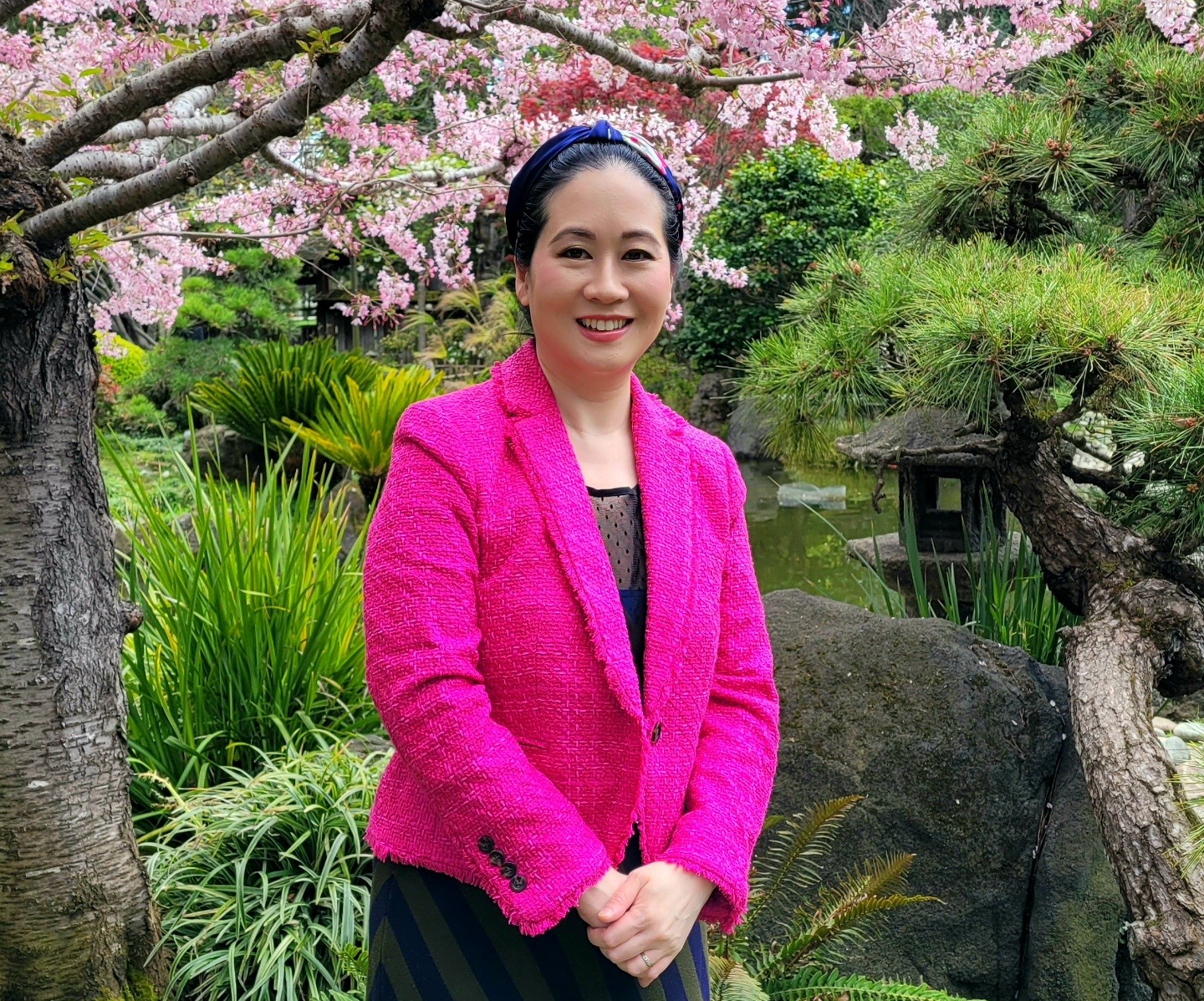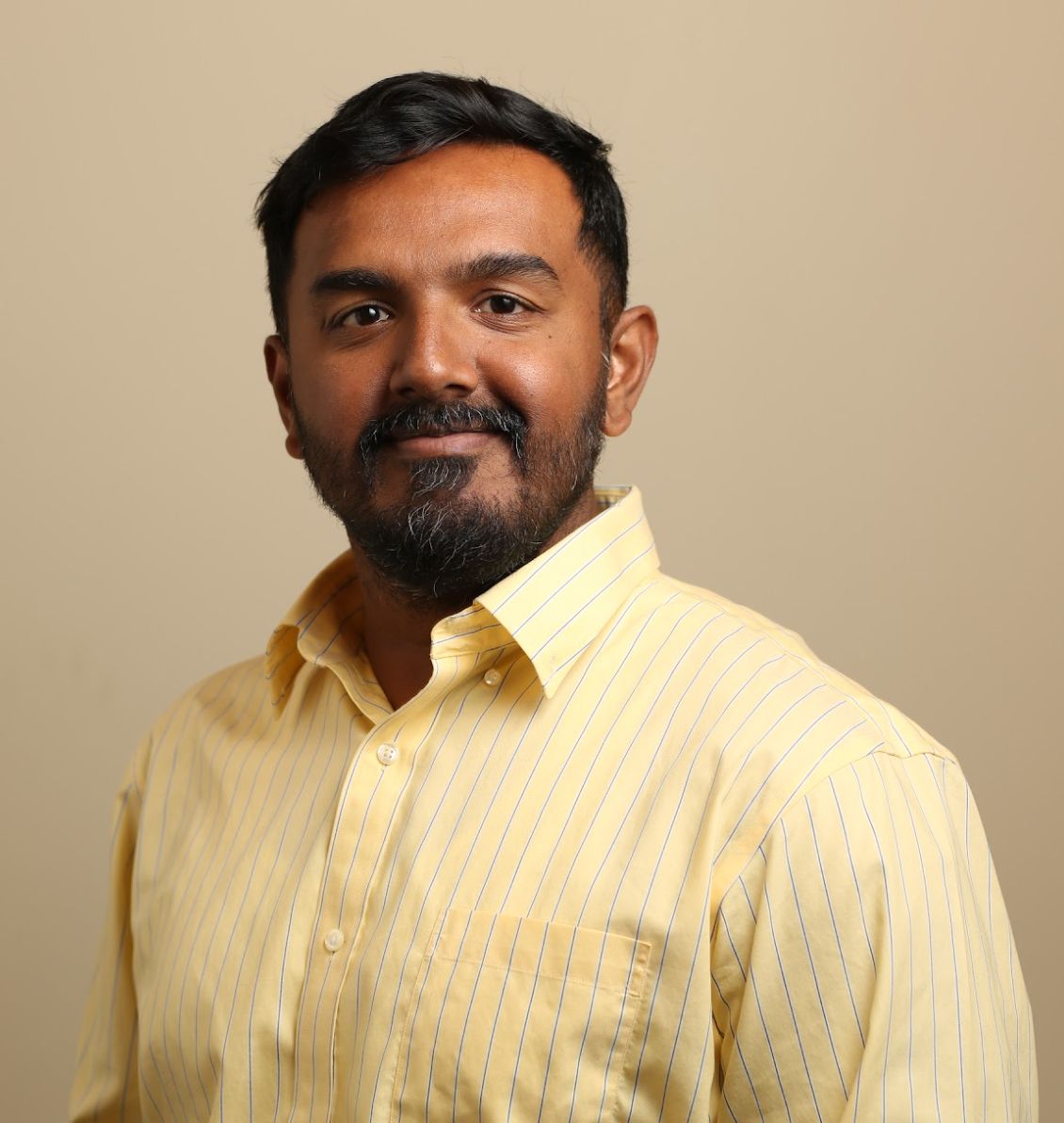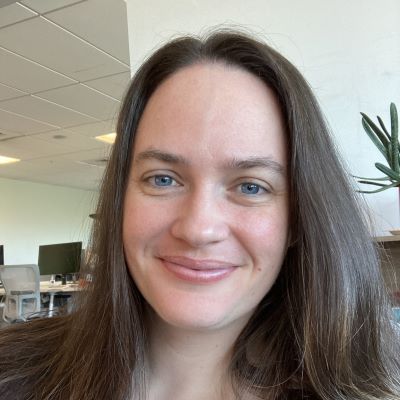Alumni Career Spotlights
Name
Bjorn Hubert-Wallander
Area
Cognition & Perception
Year Graduated
2015
Where do you currently live?
Amsterdam, the Netherlands
Where do you currently work? How did you land in this position?
I work in User Experience Research at Just Eat Takeaway, a large multinational food delivery platform similar to UberEats, and based in Europe. I manage a team of UX researchers who use qualitative and quantitative methods to ensure that what we build for the restaurant and grocery partners on our platform is valuable, appealing, and easy to use! After 5 years in UX research at Uber in the US, my partner and I decided to move to Europe. One intense job search and interview process later, I ended up with this role!
What drew you to the field that you are currently in?
Being able to use research in a collaborative and fast-paced setting! The research that we do in UXR is always done together with people from other disciplines, which makes for a rich experience. And the time between doing the work and seeing the impact and value of the work is short! For me this made me feel like my work mattered, and gave me the motivation to work hard to get better and better and better. It was a great fit for me personally.
What advice do you have for current students, or more recent alumni who are still exploring their career options?
Talk to people in those fields! I found that it was very difficult to get an actual picture of what a field like UXR was like from reading blogs, articles, etc. And even if you know what the job and responsibilities might be like, it might be hard to know what it would *feel* like to work in it. For me, talking to people in the field (especially if they came from academia) solved both of these problems easily. To me, this is the best way to explore career options and get the information that matters most.
What are some of your hobbies outside of work?
Gaming, cooking, and making a mighty fine negroni!
Name
Carol Wong
Area
Child Clinical Psychology
Year Graduated
2006
Where do you currently live?
San Mateo, CA
Where do you currently work? How did you land in this position?
Private practice in San Mateo since 2010, self- employed.
What drew you to the field that you are currently in?
A desire to help children and teens have a voice and be understood by others and to offer support during their formative years to help them achieve their goals.
What advice do you have for current students, or more recent alumni who are still exploring their career options?
Ne open-minded, try something new, you never know what path it will lead to. Connect with colleagues in your community
What are some of your hobbies outside of work?
Cooking and skincare as self-care.
Name
Ashwin Bhandiwad
Area
Animal Behavior
Year Graduated
2016
Where do you currently live?
Seattle, WA
Where do you currently work? How did you land in this position?
I currently work at the Allen Institute for Brain Science as a computational neuroscientist. I’m responsible for generating visualization and mapping tools that combine many types of microscopy data with the goal of generating insights about the organization and development of brains across species and development. I applied for this position at the end of my postdoctoral work at the NIH, where I worked on mapping multiple kinds of imaging data to identify previously unknown cell populations in the fish brain. My postdoctoral work aligns well with my current role as a scientist, so it was a case of right place, right time, right fit.
What drew you to the field that you are currently in?
As a graduate student at UW, I was motivated to understand how neural pathways (even innate reflexes!) could be altered by an animal's external environment. As a postdoctoral fellow at the NIH, I continued this line of work to discover that an obscure part of the fish brain controlled behavioral and physiological responses to inescapable and imminent danger. To understand how this brain region worked, I used computational techniques developed by my postdoctoral mentor that aligned images of brains from different animals – this technique allowed us to combine genetics, microscopy, and measurements of neural activity to get a complete picture of how these neurons function. I was drawn to the idea of generating insight by accumulating different kinds of information and comparing them in the same space. As genetic tools, microscopy techniques, and hard drives have gotten cheaper and more available, data is being generated at an astounding rate. I’m excited to be working in this field right now where data curation and categorization can rapidly generate understanding of the basic principles of how the brain is organized.
What advice do you have for current students, or more recent alumni who are still exploring their career options?
One of the most important lessons I learned from my graduate advisor was that people are generally collegial and want to help if you ask. My advice would be to rely on your friends and mentors to introduce you to people in the careers you're interested in – it’s best to do this as early as possible. Networking is a great way to get to know people in the industry you’re interested in and get the benefit of their experience in job hunting, the unwritten rules of that career choice, and a sense for what the future of that industry looks like. Even with no connections, contacting people through email or social media can be surprisingly effective. The people you meet may even be able to recommend you open positions that you weren’t aware of, and that personal touch is worth more than a hundred random job applications. mentors to introduce you to people in the careers that you're interested in – I’d advise that you do this as early as possible. It’s a great way to get to know people in the industry you’re interested in and get the benefit of their experience in job hunting, the unwritten rules of that career choice, and a sense for what the future of that industry looks like. Even with no connections, contacting people through email or social media can be surprisingly effective. The people you meet may even be able to recommend you open positions that you weren’t aware of, and that’s worth more than a hundred random job applications.to rely on your friends and mentors to introduce you to people in the careers that you're interested in – I’d advise that you do this as early as possible. It’s a great way to get to know people in the industry you’re interested in and get the benefit of their experience in job hunting, the unwritten rules of that career choice, and a sense for what the future of that industry looks like. Even with no connections, contacting people through email or social media can be surprisingly effective. The people you meet may even be able to recommend you open positions that you weren’t aware of, and that’s worth more than a hundred random job applications.
What are some of your hobbies outside of work?
I spend most of my time with my two young children, so my hobbies primarily include playing with blocks and finding flowers in the park. I also love long distance swimming and gardening when I get the chance.
Name
Meg Grounds
Area
Cognition & Perception
Year Graduated
2016
Where do you currently live?
Kirkland, WA
Where do you currently work? How did you land in this position?
I'm currently a Senior UX Researcher at Microsoft. Once I graduated, I thought that UX research best aligned with the applied research I had been working on as part of my graduate studies. But since I hadn't had much experience in the field directly, I reached out to a former lab mate who was working in the tech industry and they connected me with a company that hires short term roles in the UX research field. Through that company I was able to get a contract role at Microsoft. While I was a contractor I confirmed that UX research was the right path for me so I connected with other researchers to build my network and when a full time role opened up one of my mentors helped connect me to the hiring manager. I applied and went through the hiring loop and was offered the job. Since then I've moved around within Microsoft working on different products but now I'm in the Office Product Group looking at human to human collaboration and human to AI collaboration.
What drew you to the field that you are currently in?
It started with a project I worked on while at UW. We were looking at weather forecast uncertainty visualizations that were going to be used on a weather forecast tool for the Atmospheric Sciences department. I found the process of asking a research question, getting data back that answered the question, and then coming up with recommendations that were immediately reflected in the forecast website incredibly validating, and I knew I wanted to do more of that kind of research.
What advice do you have for current students, or more recent alumni who are still exploring their career options?
Reflect on your past experiences. What aspects of your education or work gave you the most fulfillment? Find a career path that supports you doing more of that fulfilling work. It may be in academia, or it may be outside academia. Also, be open to careers outside of research. Some of my most favorite research friends found more gratification in Design, Product Management, and Data Science careers.
What are some of your hobbies outside of work?
Cooking - during the pandemic I started a weekly cooking series were a few friends and I all get on a Zoom call and cook the same meal together. I call it our weekly cook-along. I also enjoy playing video games, I'm looking forward to Diabo 4 coming out soon.
We love hearing from our alums about how they are using their psychology graduate degrees! If you are interested in sharing your career path with current students, please email us at psyalum@uw.edu



